Hezbollah launches massive strikes on Israeli military positions in solidarity with Gaza
The Lebanese Hezbollah resistance forces conducted a series of strikes against Israeli military positions in the northern side of the 1948 occupied territories in response to the ongoing Israeli onslaught against Palestinians in the Gaza Strip.
Hezbollah announced in a statement on Thursday that it had struck Israeli soldiers at the al-Raheb outpost with heavy machine guns and artillery shells, stressing that the designated targets were precisely hit.
It further noted that the operation came in solidarity with Palestinians in the Gaza Strip, and in support of brave and heroic Palestinian resistance factions.
The military media bureau of Hezbollah also published video footages of the Lebanese resistance fighters’ earlier attacks on the Israeli al-Raheb and Ramia outposts as well as the Zarit barracks.
#الإعلام_الحربي في المقاومة الإسلامية ينشر مشاهد من عملية استهداف موقعي الراهب وراميا وثكنة زرعيت التابعة لـ"جيش" الاحتلال الإسرائيلي عند الحدود اللبنانية الجنوبية.#لبنان #الميادين_لبنان pic.twitter.com/XbZI3tB5Wu
— الميادين لبنان (@mayadeenlebanon) June 13, 2024
It also published scenes of retaliatory operations against Meron Air Base and the headquarters of the Northern Command of the Israeli military in the northern part of the occupied lands.
Additionally, Hezbollah used squadrons of assault drones to successfully attack Mishar base, which serves as the headquarters of the main intelligence unit of the northern region charged with assassination missions, and the Katsavia Barracks that acts as the headquarters of the seventh Armored Brigade of the 210th Golan Division.
A Hezbollah source said around 30 drones and 150 rockets were fired at the northern part of the Israeli-occupied lands, in response to Tuesday’s killing of senior Hezbollah commander Sami Abdallah, better known by the nom the guerre Abu Taleb.
The attack is Hezbollah’s biggest since October 8, the source said.
According to the source, Hezbollah struck over 10 military targets, including intelligence targets related to the assassinations of its officials.
Hezbollah, in a separate statement, said it launched Katyusha and Falaq (Dusk) rockets at six army bases in the Israeli-occupied territories, and several more swarms of explosive-laden drones at three more bases in the area.
The Israeli military reported that some 40 rockets crossed the border, many of which were allegedly intercepted by the so-called Iron Dome missile systems, but others impacted, causing at least 15 fires.
Two Israeli settlers in their 20s were also lightly hurt by shrapnel.
Amal Saad-Ghorayeb, a Lebanese political analyst, said Hezbollah's swift and devastating multi-pronged attack on Israel, the likes of which have not been seen since the 2006 War, appears to be more than just a response to the assassination of its senior commander, Abu Taleb.
She said in a social media post that, "The sheer scale and intensity of the attack, coupled with Hezbollah's recent attempts to establish aerial deterrence with Israel, suggest that the movement isn’t taking Israeli decision-makers' rationality for granted or dismissing the possibility of an all-out war initiated by Israel."
"As such, Hezbollah's attack today was not merely a punitive retaliation for Taleb or just a coercive strike to break the deadlock in the ceasefire talks by strengthening Hamas’s position, but also, primarily, a deterrent strike aimed at discouraging Israel from embarking on a path of mutually assured destruction."
The occupying Israeli regime has repeatedly launched attacks on southern Lebanon since October 7, after commencing a genocidal war in Gaza that has killed at least 37,232 Palestinians, predominantly women and children so far.
As a retaliatory measure, Hezbollah has been carrying out almost daily rocket attacks on Israeli positions.
At least 455 people have been killed on the Lebanese border, including more than 80 civilians, according to a tally by AFP.
Two Israeli wars waged against Lebanon in 2000 and 2006 were met with strong resistance from Hezbollah, resulting in the retreat of the regime in both conflicts.
VIDEO | The last stretch
Iran’s Judiciary chief urges end to double standard in fighting rights violators
Number of Palestinians who died in Israeli jails since October highest in decades: Report
UN warns of apocalyptic consequences if Israel drags Lebanon into war
Iran’s rail network expands with home-made rolling stocks
VIDEO | Iran Votes 2024
Russia says work underway on ‘big treaty’ with Iran
Germany warns Israel conflict with Hezbollah could spark 'unimaginable' war


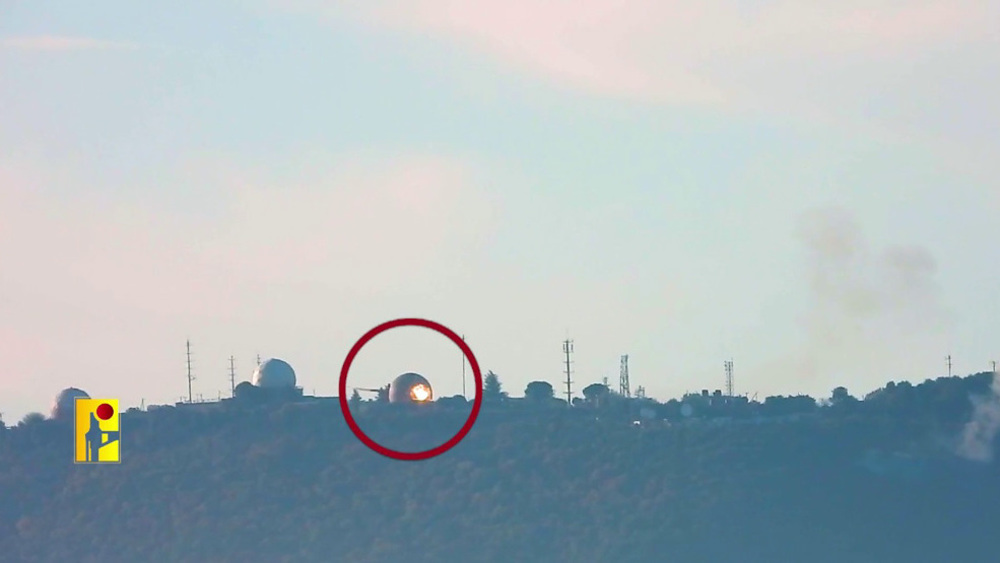
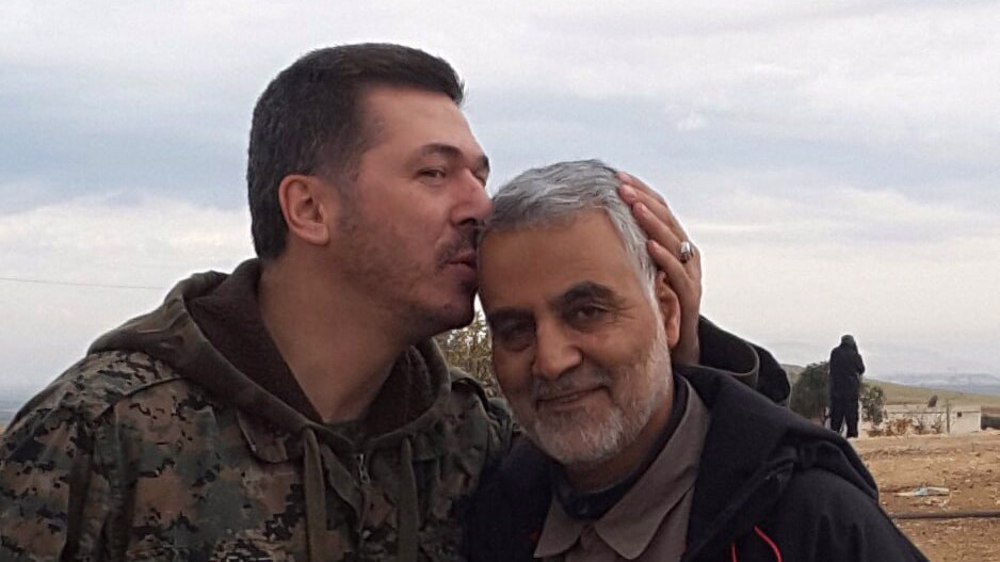
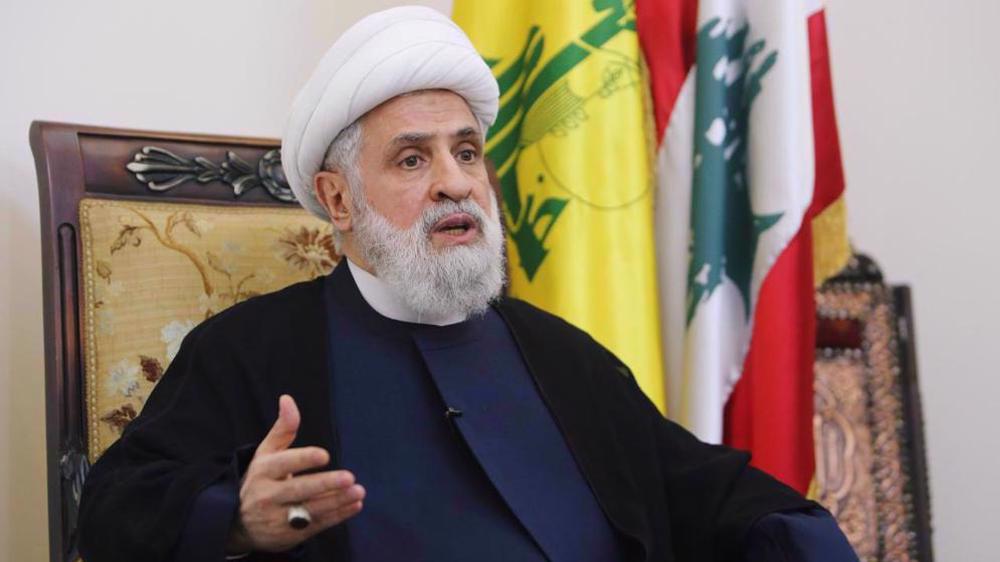
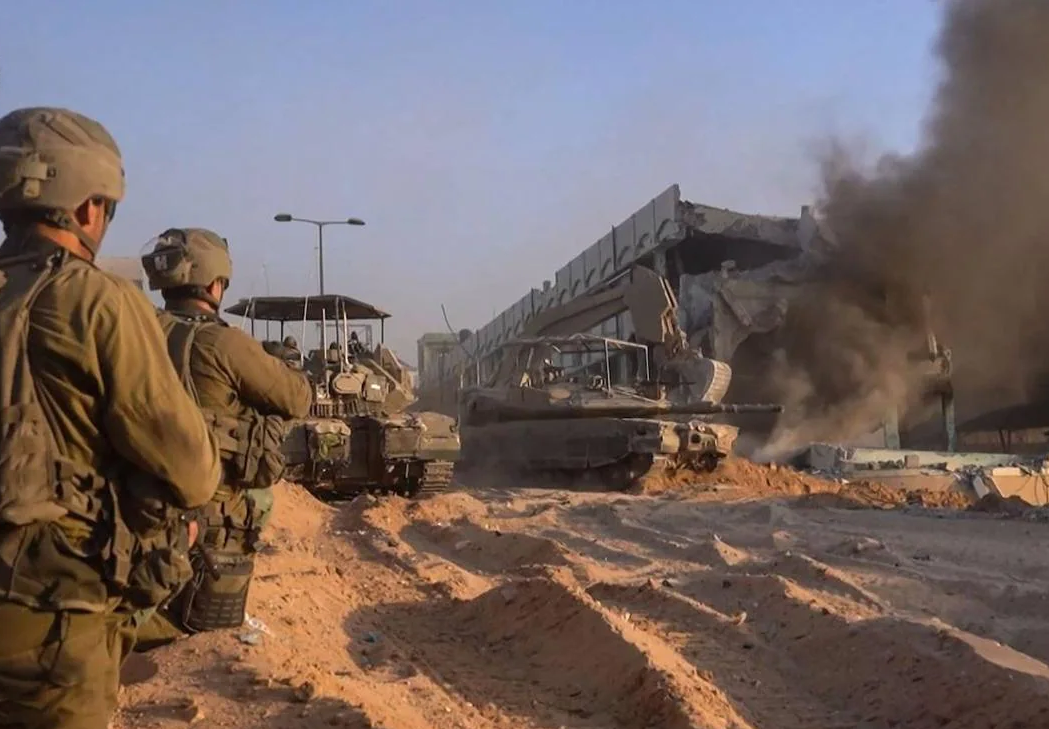




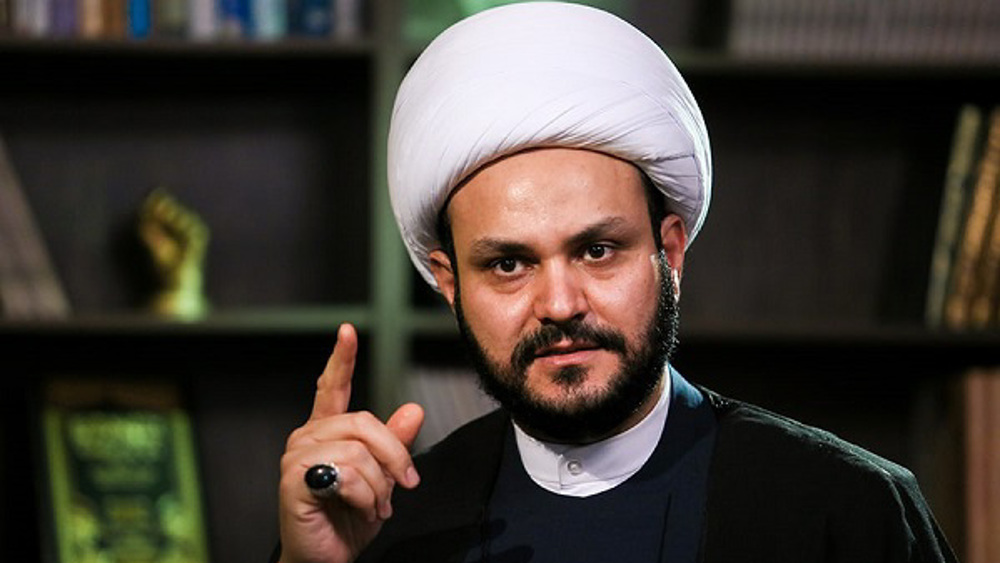
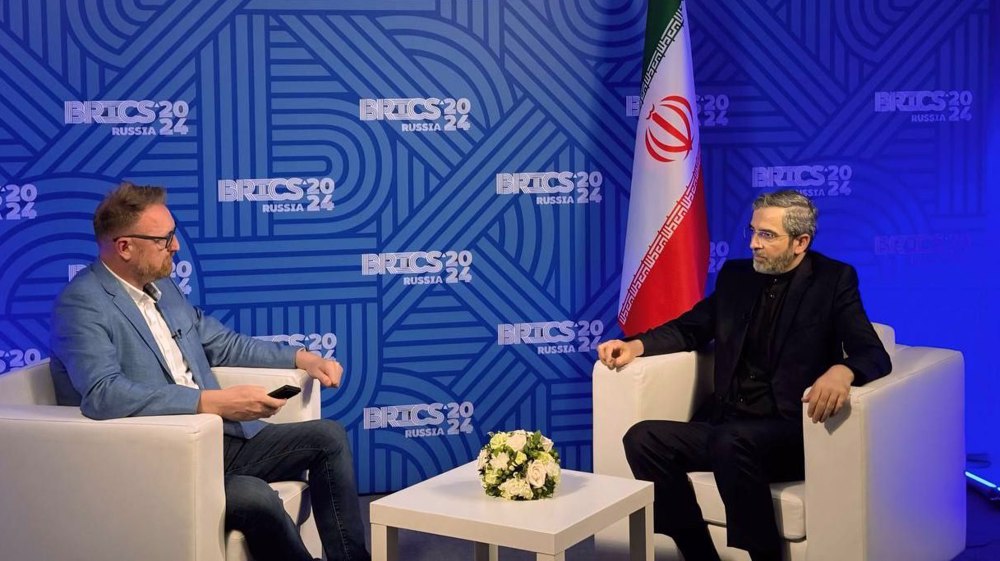
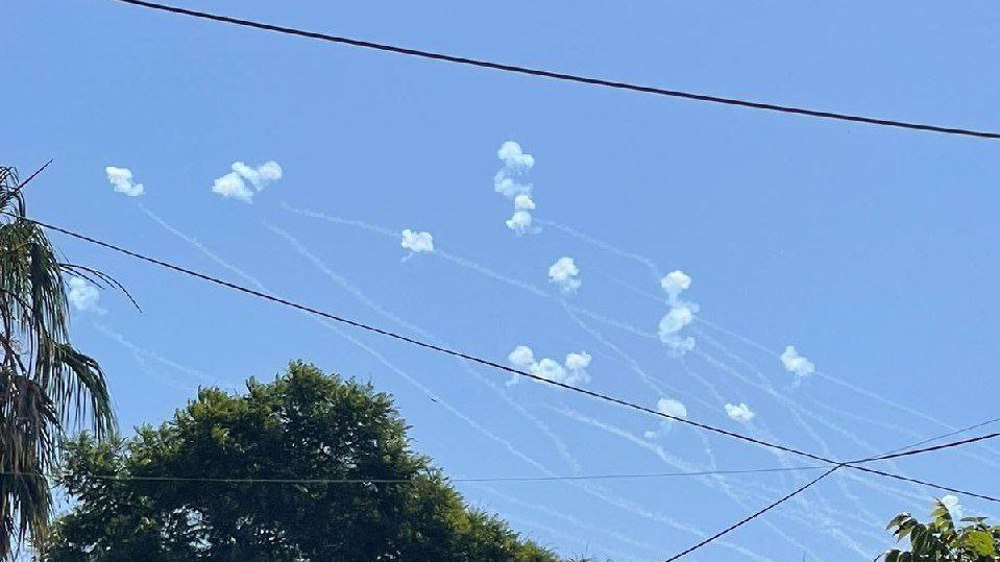
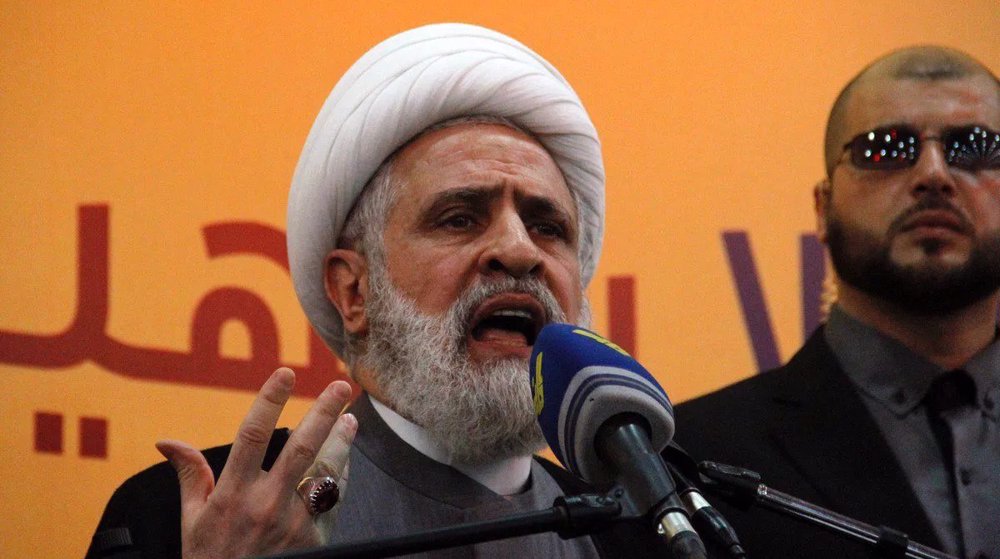
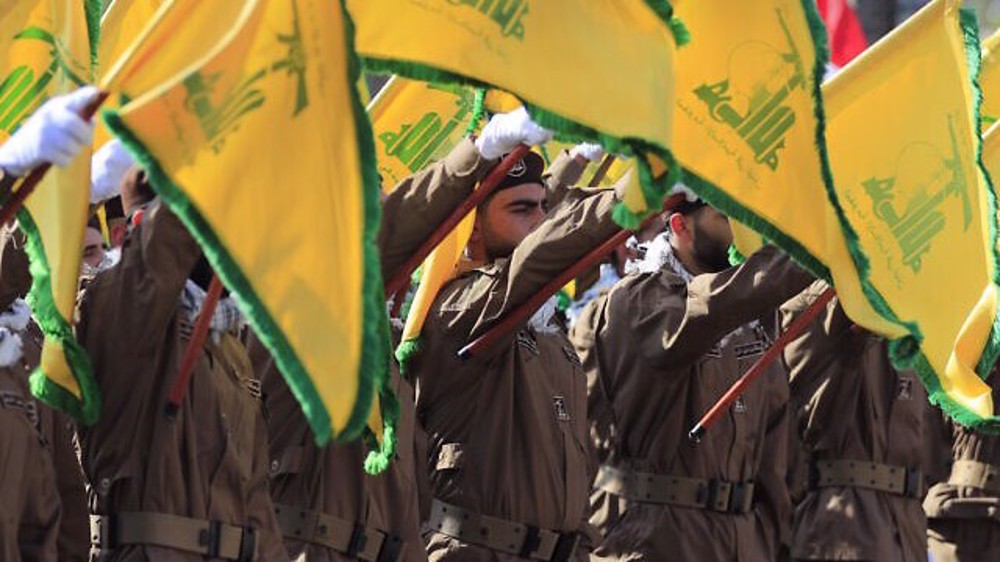
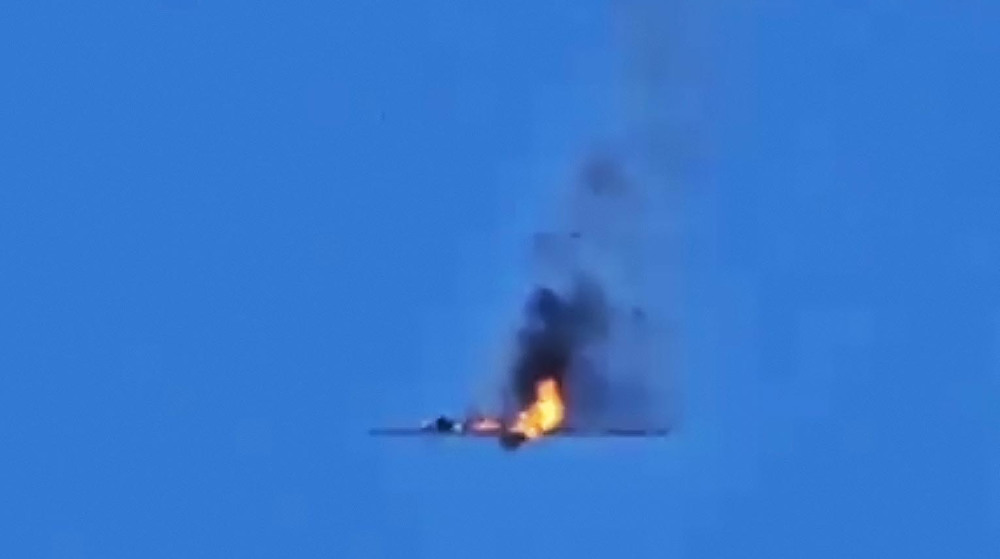
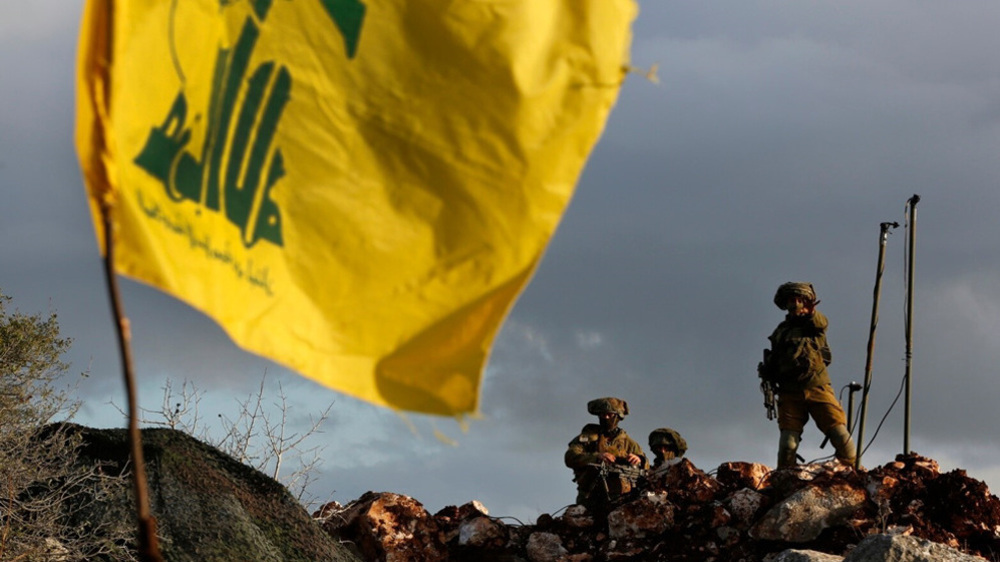

 This makes it easy to access the Press TV website
This makes it easy to access the Press TV website